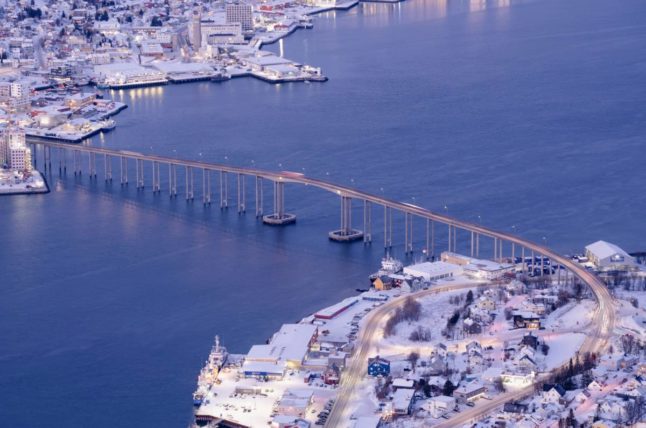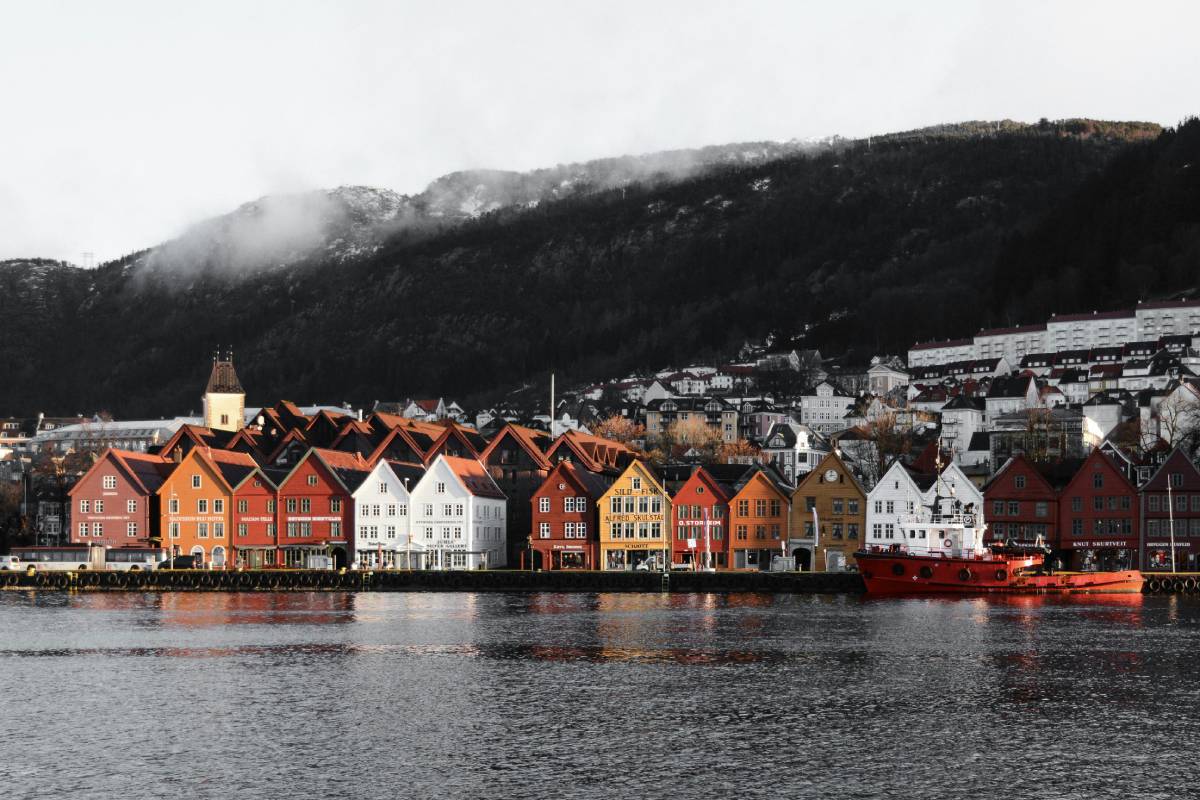As is the case in most European countries, immigrants and asylum seekers in Norway are fortunate to have access to a number of organisations dedicated to providing free guidance, support, and legal aid.
Whether you’re seeking assistance with asylum claims, family immigration cases, permanent residence permits, or citizenship applications, here’s where to look if you need free expert advice and support.
READ MORE: Do you need a lawyer in Norway for work permit or residency problems?
Norwegian Organisation for Asylum Seekers (NOAS)
NOAS usually supports people navigating the asylum process in Norway. They specialise in asylum cases and offer legal aid to those whose asylum claims have been rejected by the Norwegian Directorate of Immigration (UDI) or the Immigration Appeals Board (UNE).
Furthermore, NOAS extends its services to family immigration cases, permanent residence permits, and citizenship matters.
You can contact them via phone at +47 22 36 56 60 or through their email at [email protected].
Additionally, if you want to book face-to-face assistance, you can visit NOAS’s office at Torggata 22, Oslo, during office hours.
Jussbuss
Operated by dedicated students in Oslo, Jussbuss is a great resource for people seeking free legal aid, including assistance with immigration-related matters.
Jussbuss accepts new cases and offers guidance on various legal issues through phone consultations (+47 22 84 29 00) or in-person visits during their office hours at Skippergata 23 in Oslo.
They specialise in immigration, labour, debt issues, social security, tenancy, and prison law.
Self-help for Immigrants and Refugees (SEIF)
Launched with the objective of empowering immigrants and refugees, SEIF operates as a voluntary organisation committed to providing support and guidance.
With offices across Norway, SEIF offers a number of services, ranging from information dissemination to assistance with complex immigration matters.
Their areas of assistance include issues with the Norwegian Labour and Welfare Administration (NAV), school, work, residence permits, family reunification, financial problems, forced marriage and honour-related violence, coercion, and more.
They have an open-door policy and commitment to confidentiality.
EXPLAINED: The rules for moving to Norway for work
Other resources
Several other organisations across Norway offer free support for immigration-related issues. These include:
JURK (Juridisk rådgivning for kvinner): Catering specifically to women, JURK provides free legal assistance on a number of issues, including immigration matters, thereby addressing the often unique needs of female immigrants and asylum seekers. Along with free legal aid, JURK examines women’s need for legal assistance, works to improve the legal position of women, and provides practical legal training for law students.
Jussformidlingen: Staffed by students from the University of Bergen Faculty of Law, Jussformidlingen extends its services to people across Norway, leveraging its expertise to offer guidance and assistance on a wide scope of legal issues, including immigration challenges. It aims to provide free legal aid, meet the public demand for legal assistance, and offer law students practical experience opportunities.
Gratis Rettshjelp: Serving as the umbrella organisation for various student legal aid entities, Gratis Rettshjelp coordinates efforts to provide assistance on various matters, including immigration. It receives approximately 20,000 inquiries annually.
Advokatvakten: Offering free legal counsel in multiple cities throughout Norway, Advokatvakten allows people to consult with private lawyers who are members of the Norwegian Bar Association for up to 30 minutes free of charge.
Oslo Kommune Fri Rettshjelp: Exclusive to Oslo residents, this municipal service offers free legal advice from private lawyers funded by the Norwegian government. Appointments can be scheduled via phone, online, or through drop-in hours at their office in Storgata 19, Oslo.
READ MORE: The most common reason Norwegian permanent residence applications are rejected
Caritas Resource Centre: Caritas, an independent humanitarian foundation, operates multiple info centres across Norway, including Oslo, Bergen, Trondheim, Stavanger, and Drammen. Several times a week, they offer free legal assistance with specialised lawyers.
Jushjelpa i Nord-Norge: Catering to residents of northern Norway, this organisation provides legal help facilitated by law students from the University of Tromsø. You can seek their assistance by calling or submitting cases online.




 Please whitelist us to continue reading.
Please whitelist us to continue reading.
Member comments